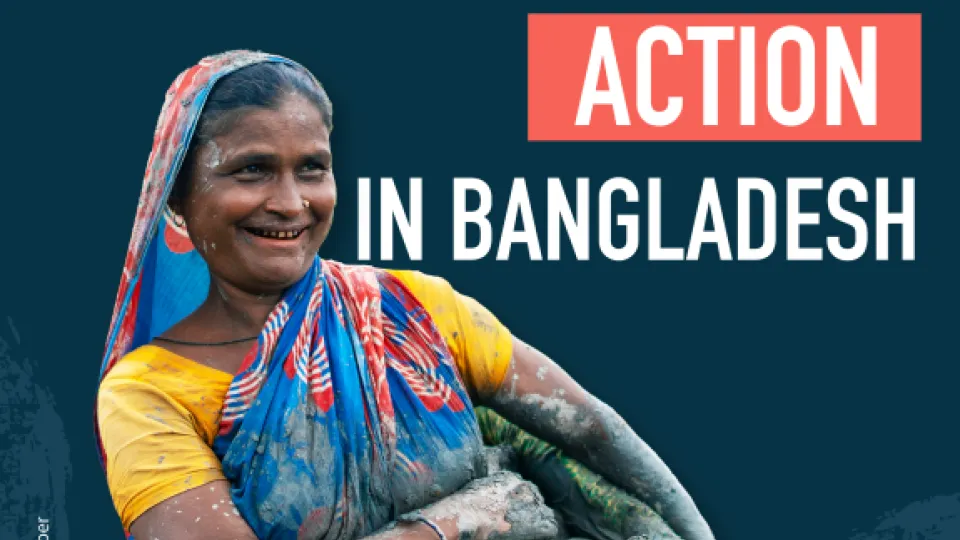
Locally Driven Humanitarian Action in Bangladesh
Read Locally Driven Humanitarian Action in Bangladesh — an overview of Start Network Bangladesh’s mission, programmes, system-changing footprint, and impact.

Read Locally Driven Humanitarian Action in Bangladesh — an overview of Start Network Bangladesh’s mission, programmes, system-changing footprint, and impact.
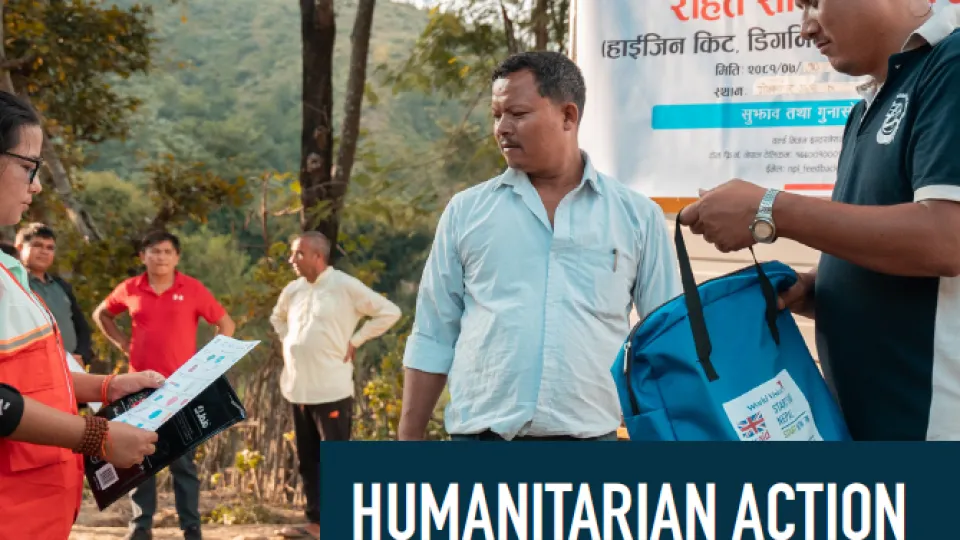
Drawing on ongoing research and the experience of the Start Network, this briefing outlines the impact of funding cuts on crisis-affected communities, examines how humanitarian organisations and the broader system are responding, and explores possible scenarios for the future of aid.
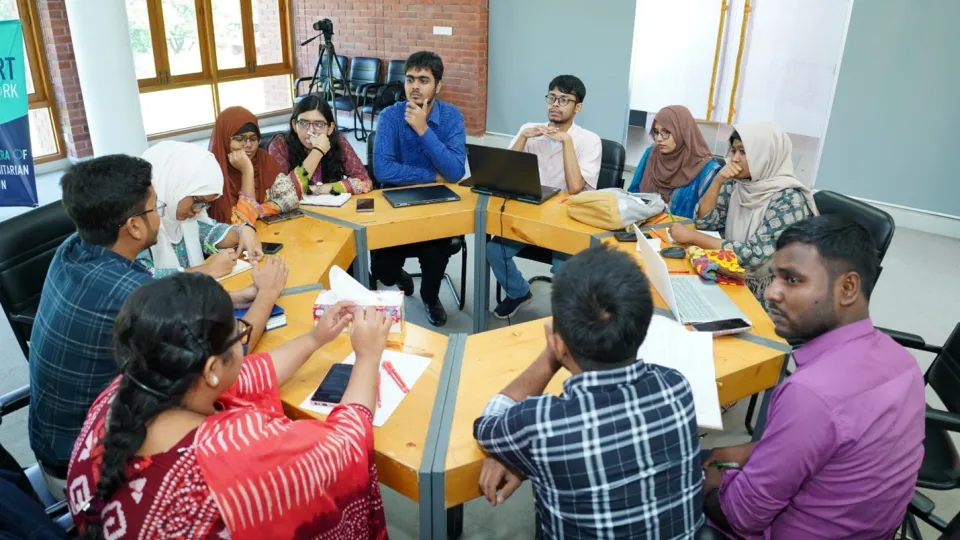
The FOREWARN newsletter takes a look back across the 2024 successes of the Start Network Forecast-based Warning, Analysis and Response Network (FOREWARN) across Bangladesh, Madagascar, Nepal, Pakistan and the Philippines. Featuring formation of a new expert groups, technical partnerships, hackathons, citizen science initiatives and more.
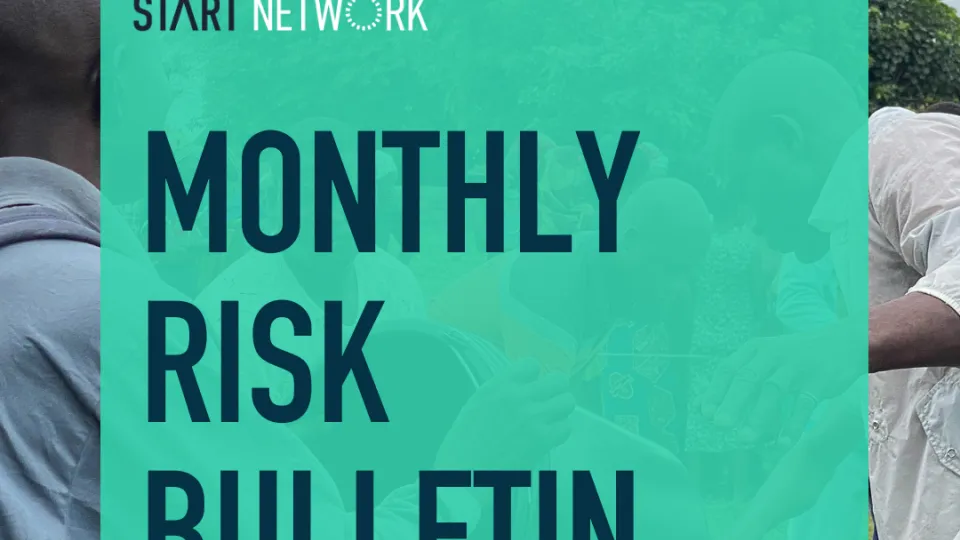
The Start Fund monthly Risk Bulletin reports on new, emerging or deteriorating situations; therefore, ongoing events that are considered to be unchanged are not featured and risks that are beyond the scope and scale of the Start Fund are also not featured. It is collated by the Start Network Anticipation and Risk Financing team using information from academia and research institutes, government departments, ACAPS, global risk indexes, risk information provided by Start Members and their partners, and the media.
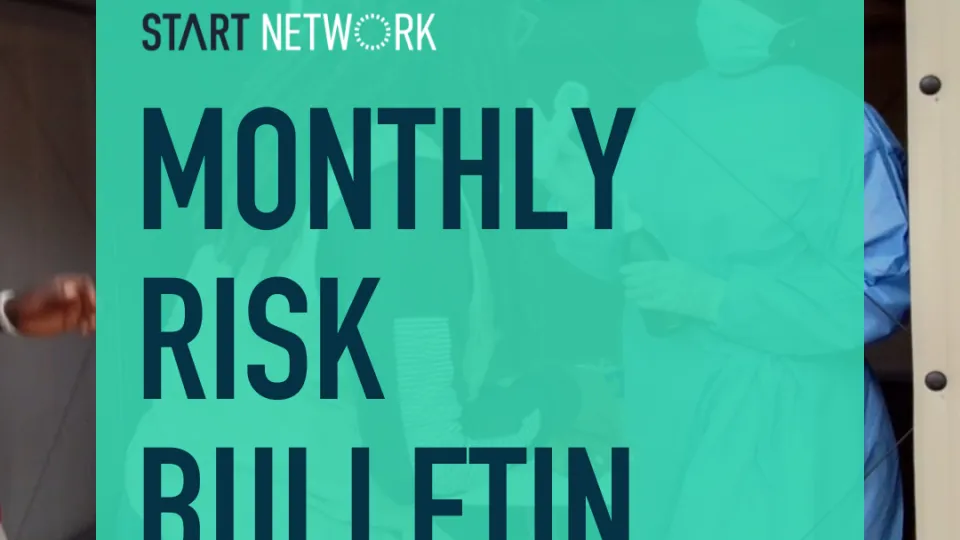
The Start Fund monthly Risk Bulletin reports on new, emerging or deteriorating situations; therefore, ongoing events that are considered to be unchanged are not featured and risks that are beyond the scope and scale of the Start Fund are also not featured. It is collated by the Start Network Anticipation and Risk Financing team using information from academia and research institutes, government departments, ACAPS, global risk indexes, risk information provided by Start Members and their partners, and the media. Key risks are shared and collated each month with FOREWARN input. Start Network members interested in raising an anticipatory alert for any of the risks highlighted in the bulletin can email startfund@startprogrammes.org for further guidance.
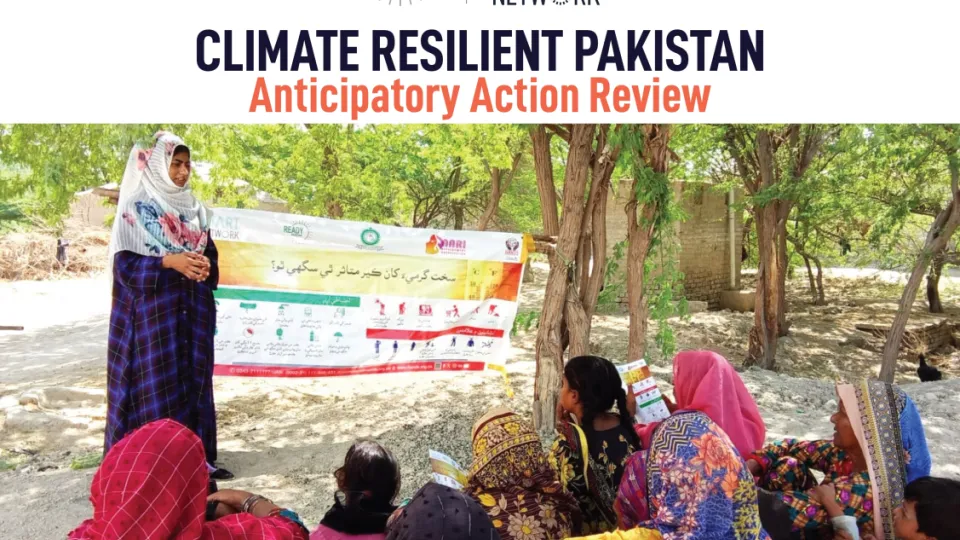
This publication explores the urgent climate challenges faced by Pakistan, one of the world's most vulnerable countries to climate impacts.
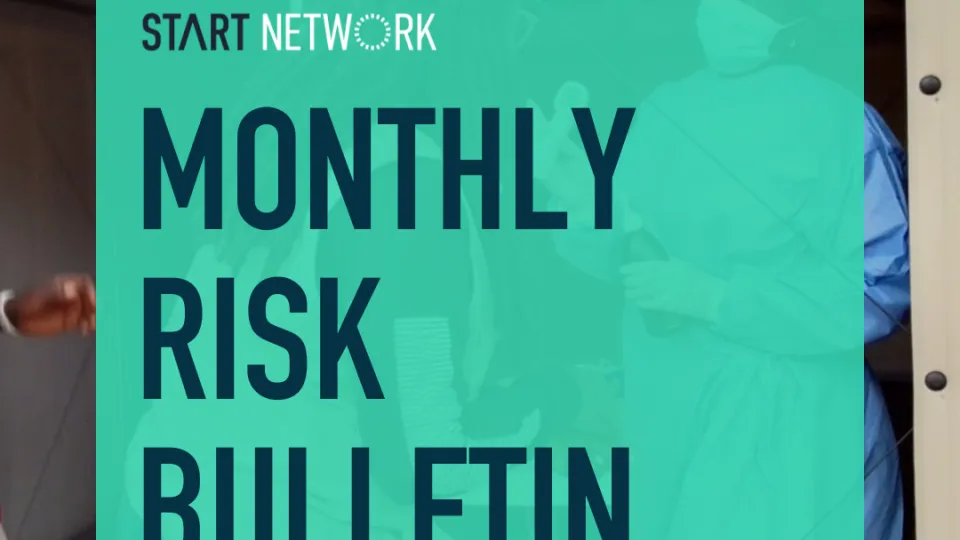
The January 2025 risk bulletin highlights several new or emerging situations including in Zambia, Angola, Moldova, Yemen and Guatemala - ranging from disease outbreak to the risks of displacement.
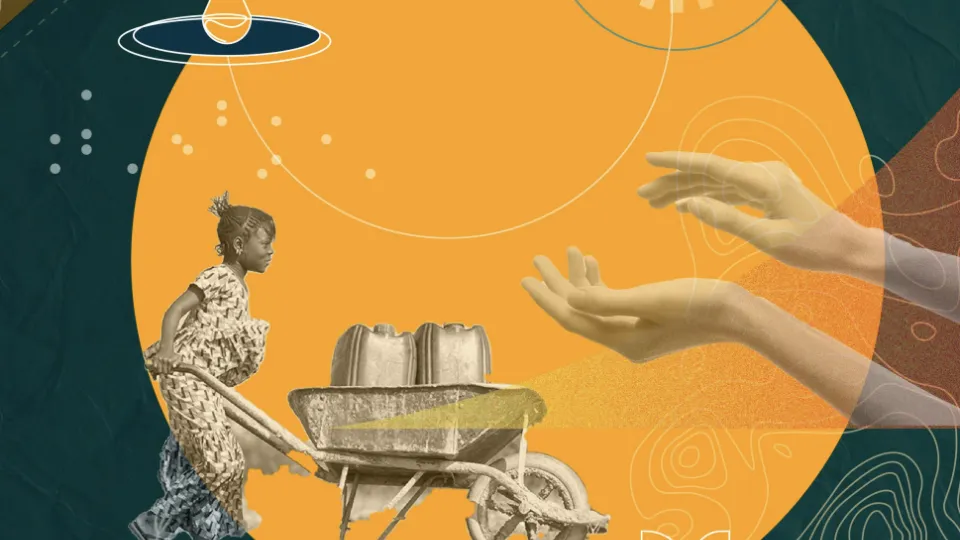
The science is clear. Climate change has led and continues to lead to widespread adverse impacts and related losses and damages to nature and people that are escalating with every increment of global warming.
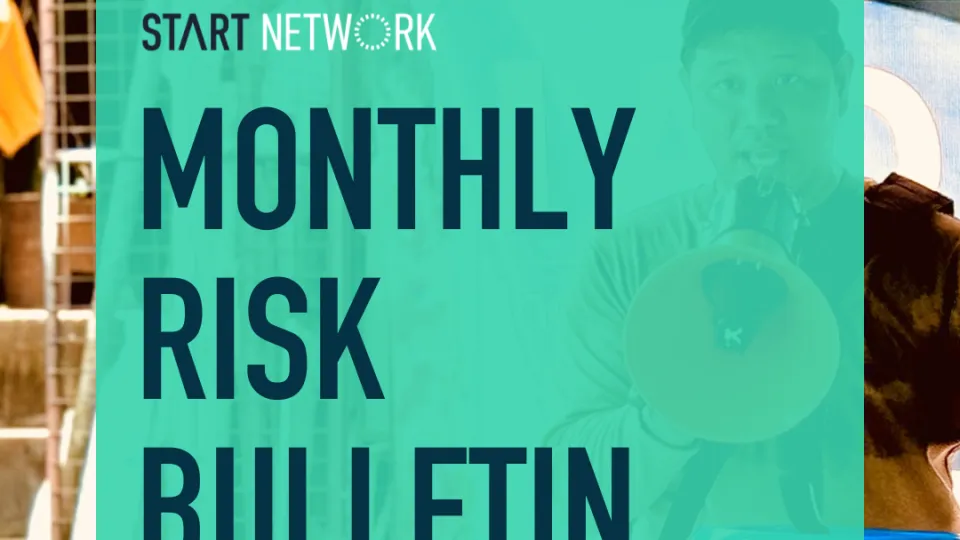
The October 2024 Start Fund Risk Bulletin highlights new and emerging crises, including abnormal heat affecting Libya, Algeria and Mali, a forecast spike in the dengue outbreak affecting countries across Central and South America, an update on La Niña risk as ahead of the forecast entering of conditions…

The September 2024 Start Fund Risk Bulletin highlights new and emerging crises, including severe flooding and disease outbreaks in West and Central Africa, a public emergency over rising Mpox cases in Africa, increasing conflict risk in Colombia, drought-induced isolation in Amazonas, a state of emergency in Namibia threatening food security, and upcoming elections in Sri Lanka, Tunisia, and Mozambique amid economic and political tensions.